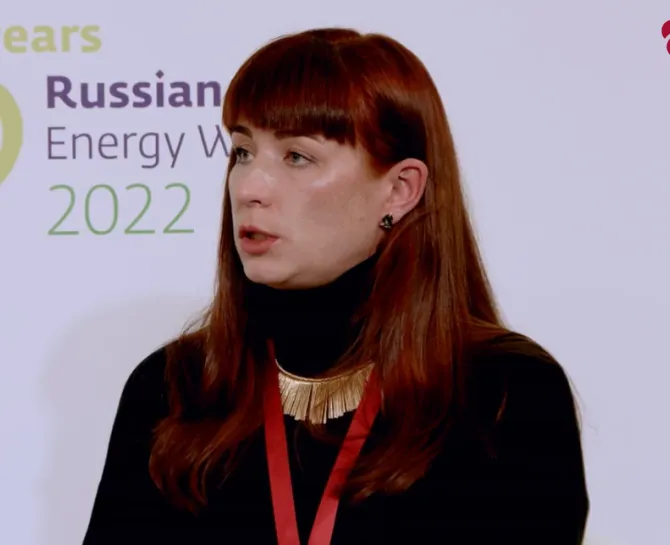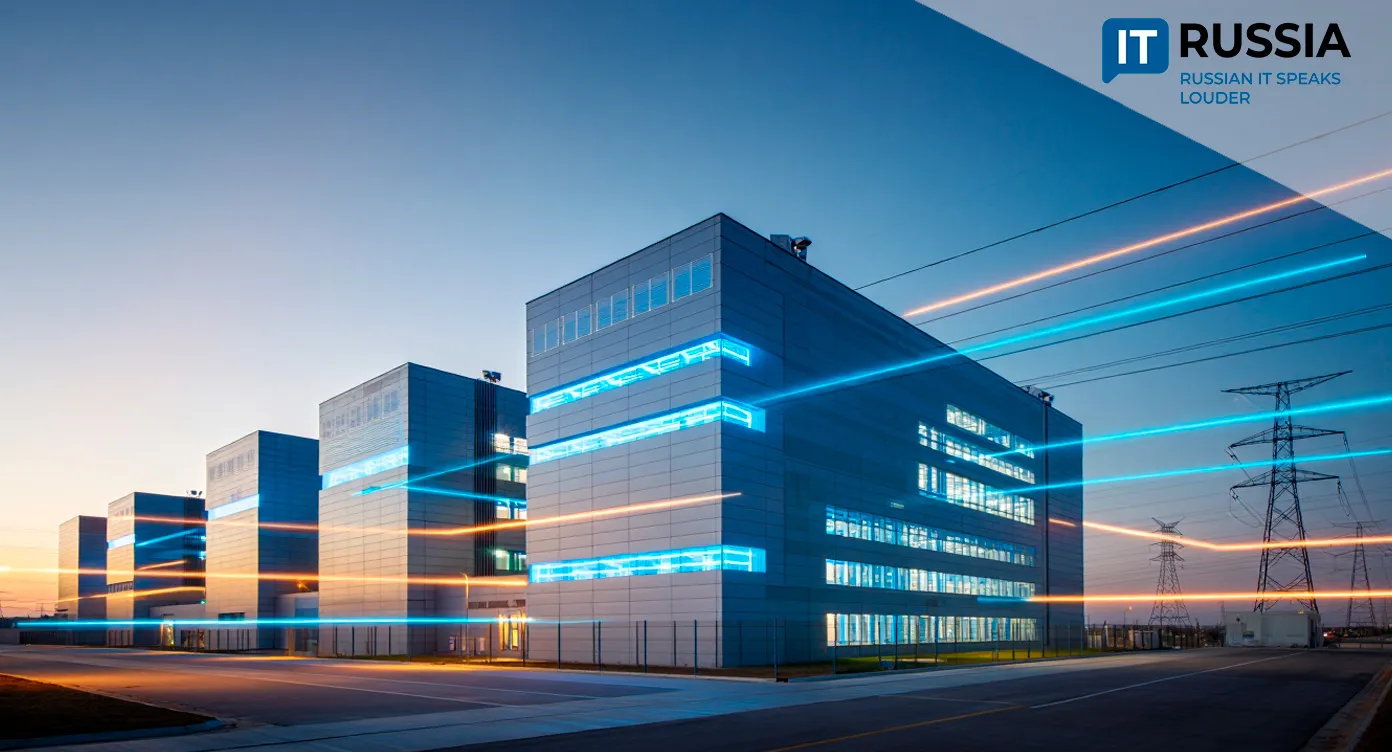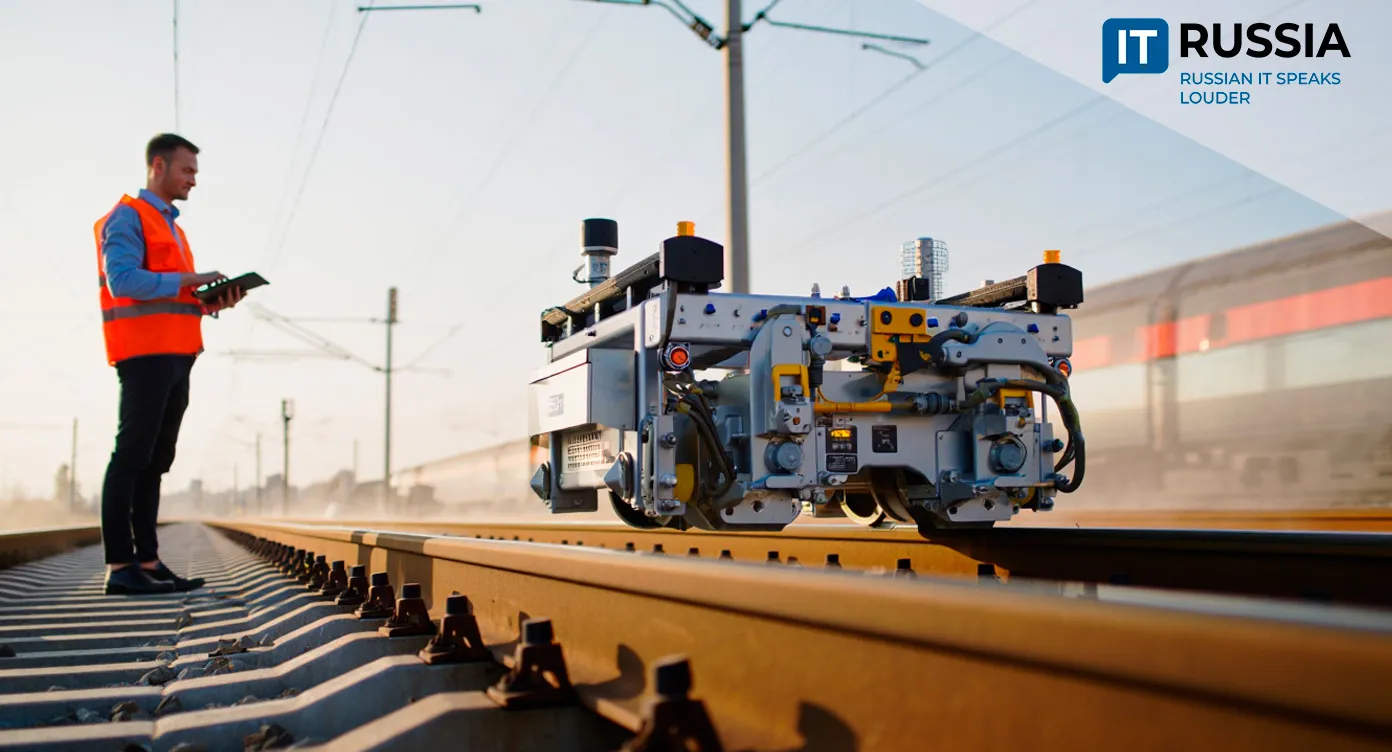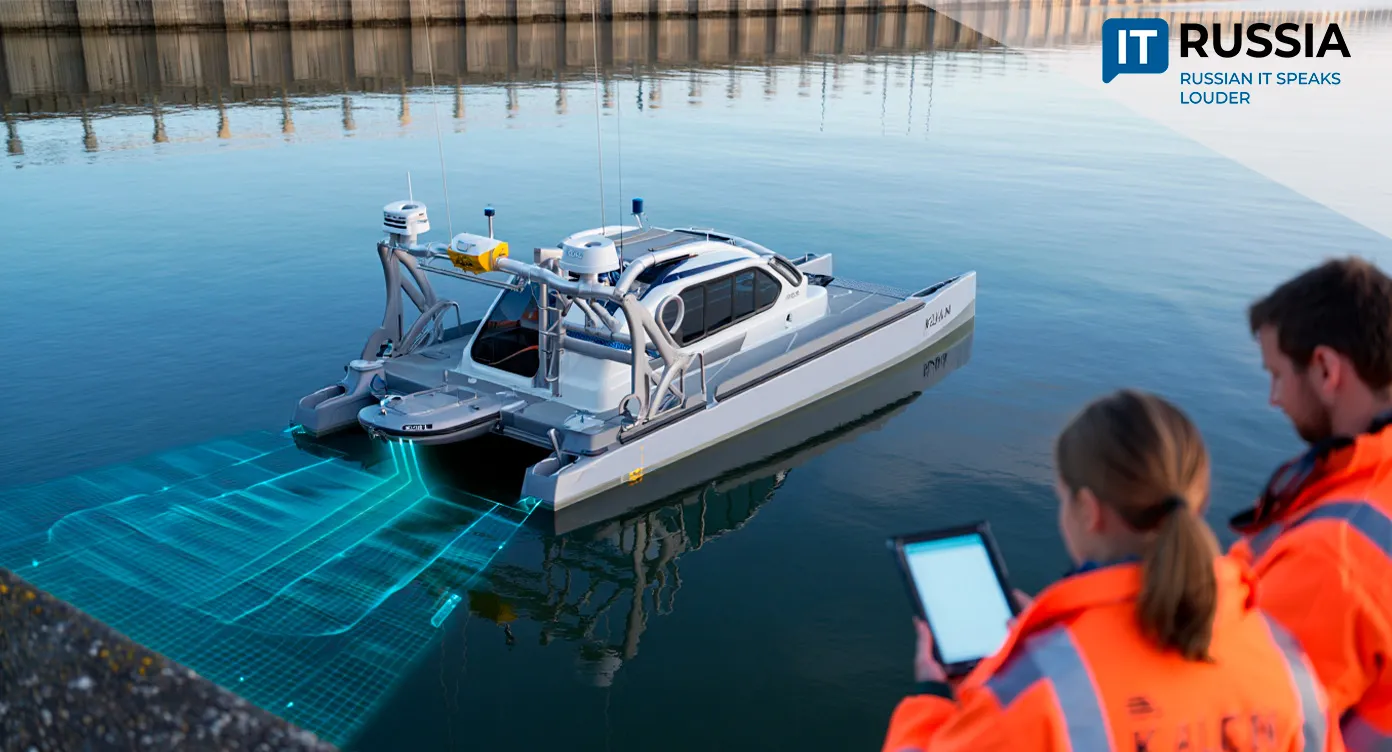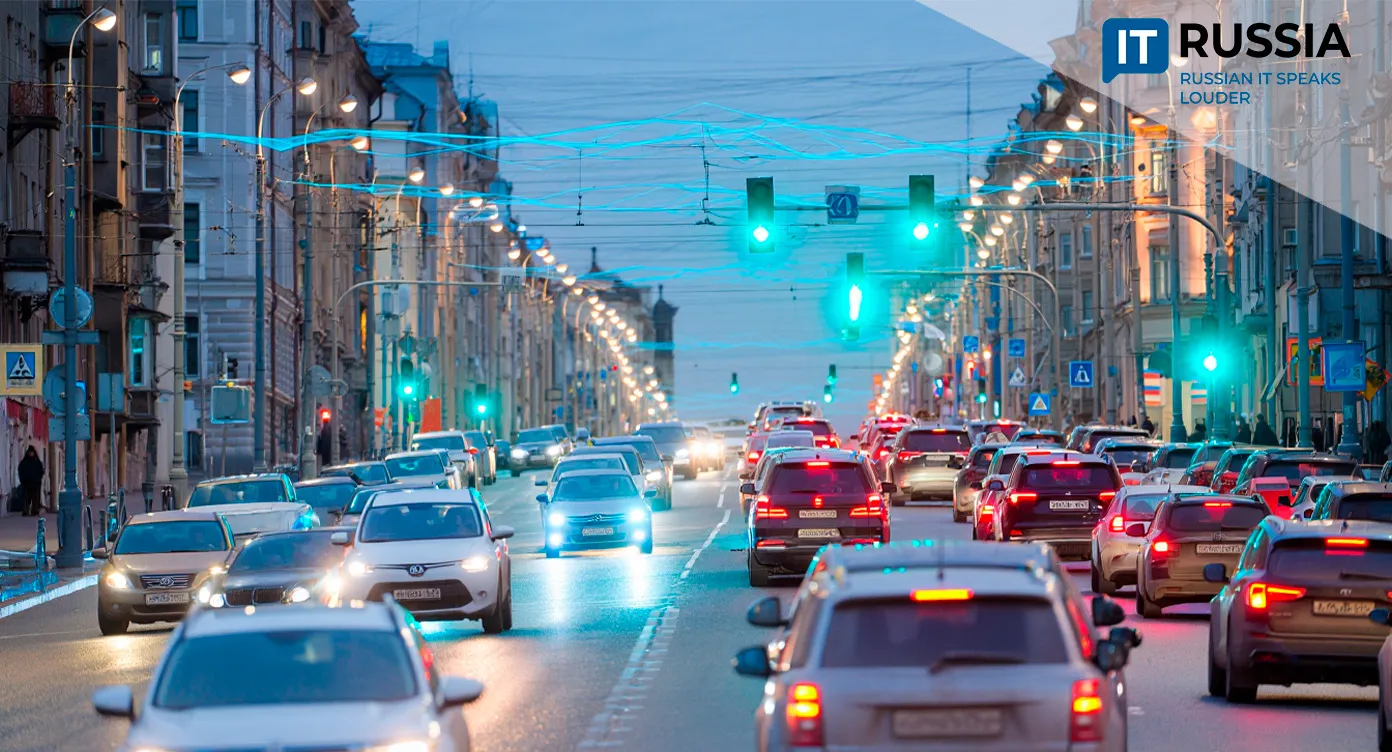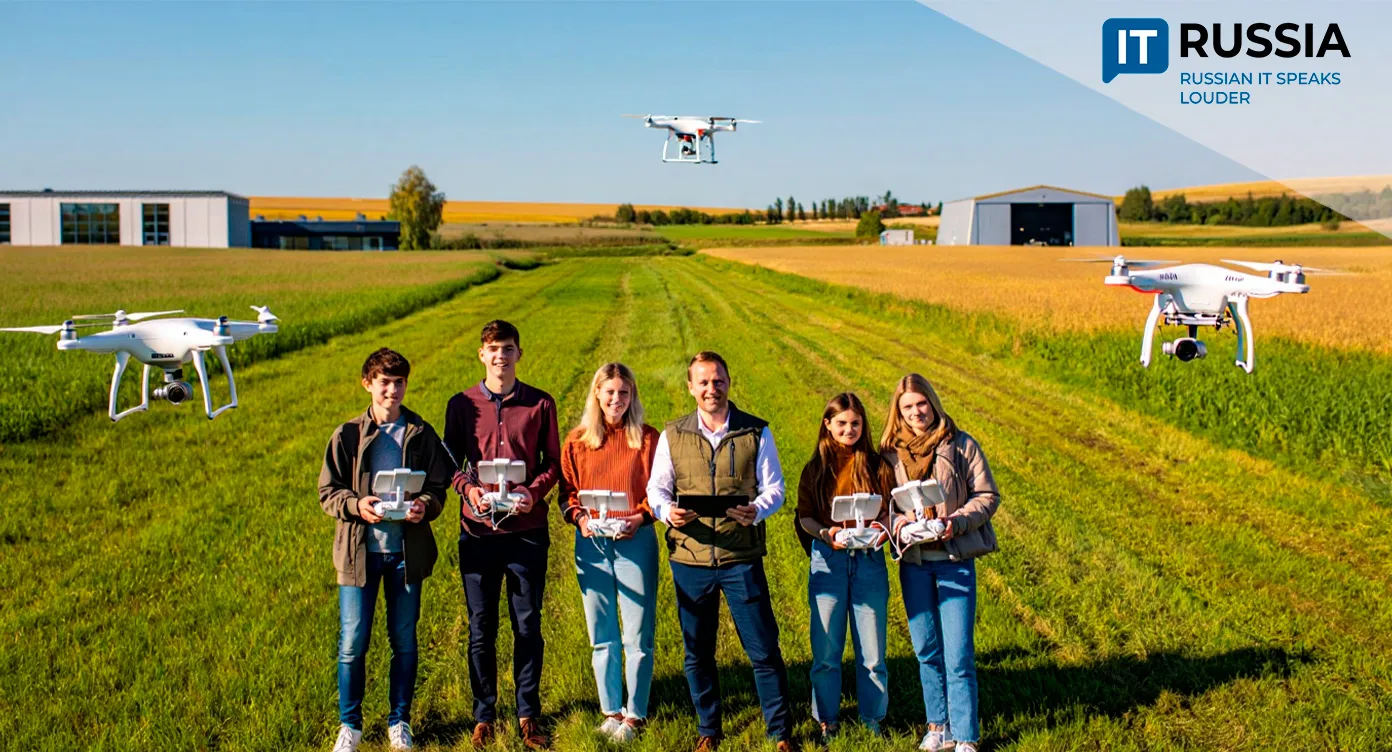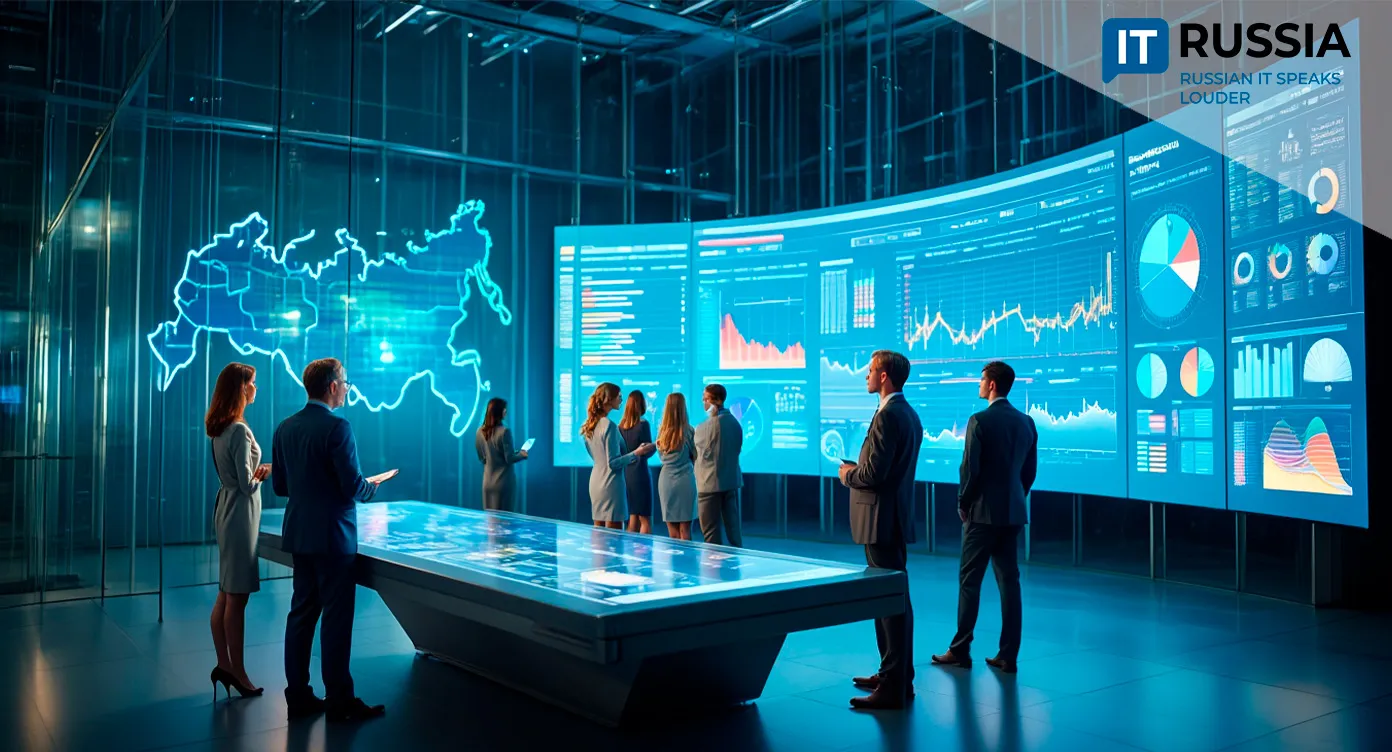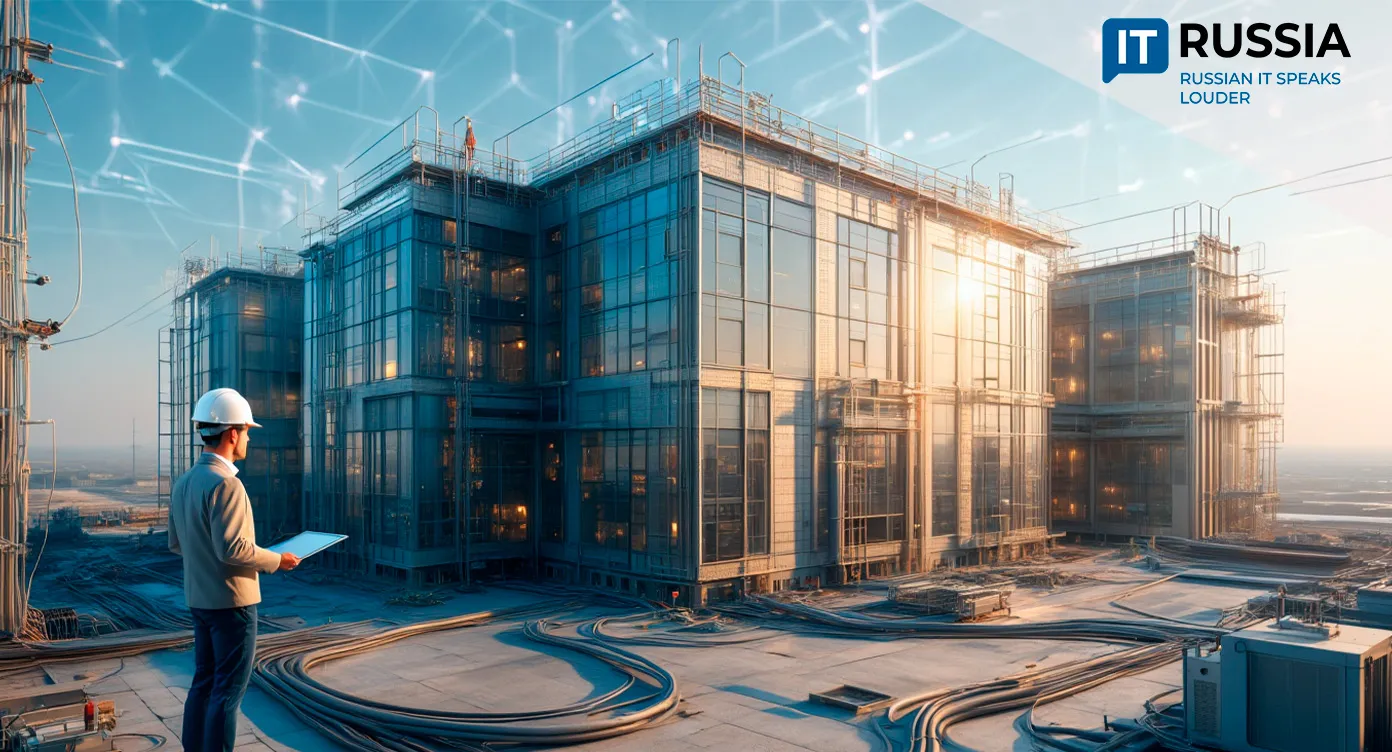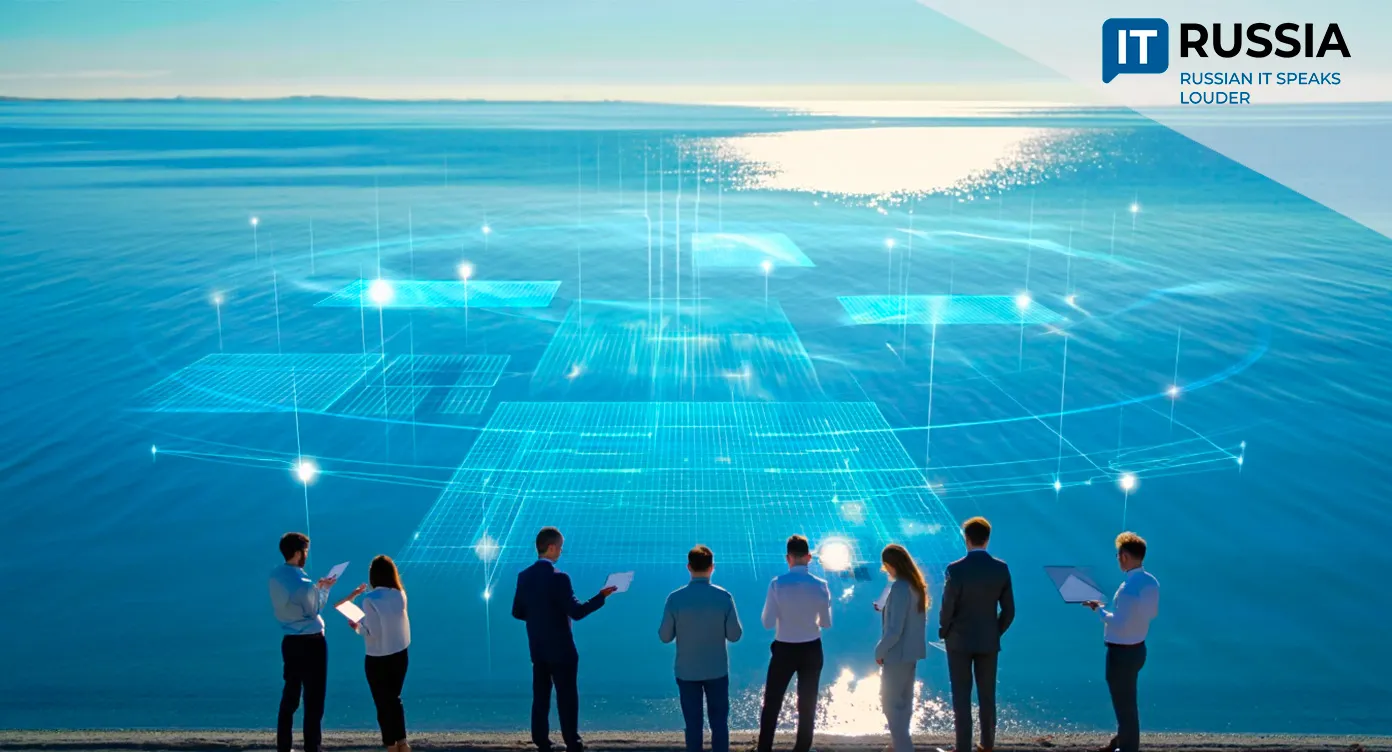Rosseti Moscow Region Builds a Smart Power Foundation for the Telecom Industry
As global digitalization accelerates, reliable electricity supply has become more than a convenience — it’s a critical resource. By adopting advanced digital technologies, Rosseti Moscow Region is not only enhancing energy reliability for consumers but also creating a resilient foundation for the sustainable growth of Russia’s telecommunications sector and digital economy.
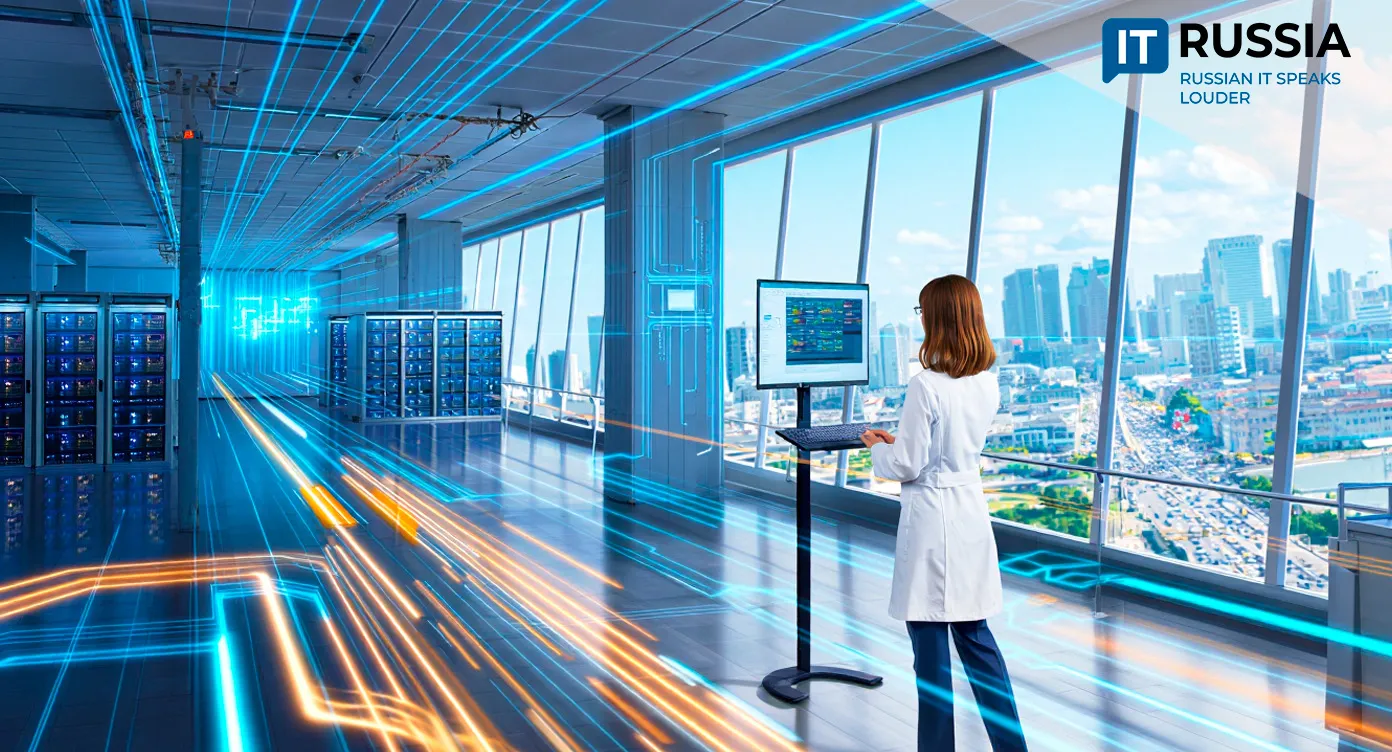
Smart Grids — The Brain of the Energy System
Reliable electricity is the backbone of telecom infrastructure — powering data centers, base stations, and the cloud services that keep digital cities connected. As part of its modernization program, Rosseti Moscow Region is developing a network of smart grids that can automatically monitor transmission lines, detect faults, and reroute power flows to maintain continuity.
This intelligent approach minimizes downtime — a vital factor for telecom facilities such as cellular base stations and Internet exchange nodes. With telemetry-driven systems, network operators receive real-time alerts on grid performance, ensuring service stability even under extreme conditions.

The Energy Challenge for Digital Infrastructure
The explosive growth of AI and cloud computing is driving up global energy consumption. According to the International Energy Agency, the world’s data center electricity demand could double by 2030.
In Russia, data center capacity is growing at a rate of 30–35 percent per year, but expansion is increasingly constrained by limited grid capacity in major hubs like Moscow and St. Petersburg.
Connection to existing power networks can take up to three years — a significant bottleneck for developers. By deploying smart grid technologies to optimize and redistribute energy flows, Rosseti Moscow Region aims to make it feasible to build data centers even in regions with tight power supplies.
Legal Framework and Energy Efficiency
Resource limitations in the capital region are prompting operators to explore new locations with more accessible power. Some projects, like Gazprom Neft’s 2022 initiative, plan to colocate data centers near gas fields and use associated gas for electricity generation.
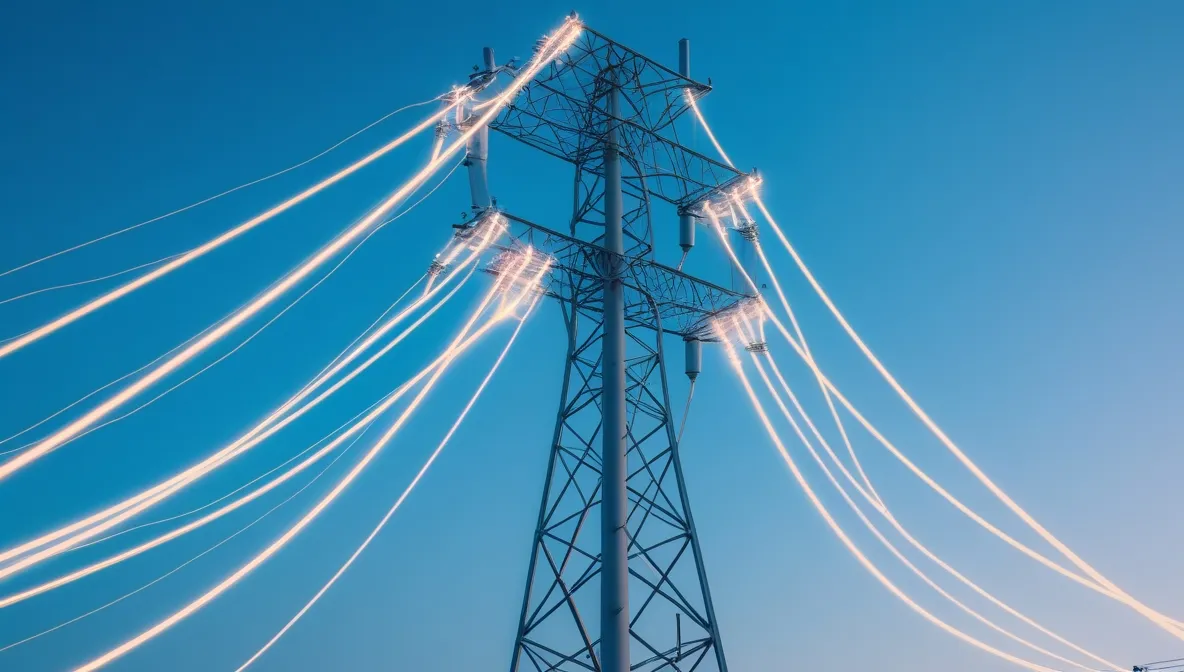
In 2025, the Republic of Yakutia proposed leveraging local gas and coal reserves to power data infrastructure and cryptocurrency mining.
A major legislative milestone came with amendments to Russia’s Communications Law, which formally define data centers and ban cryptocurrency mining on their premises starting March 1, 2026. The change separates infrastructure for productive computing from energy-intensive crypto operations — ensuring more efficient resource allocation and addressing grid strain in high-demand regions.
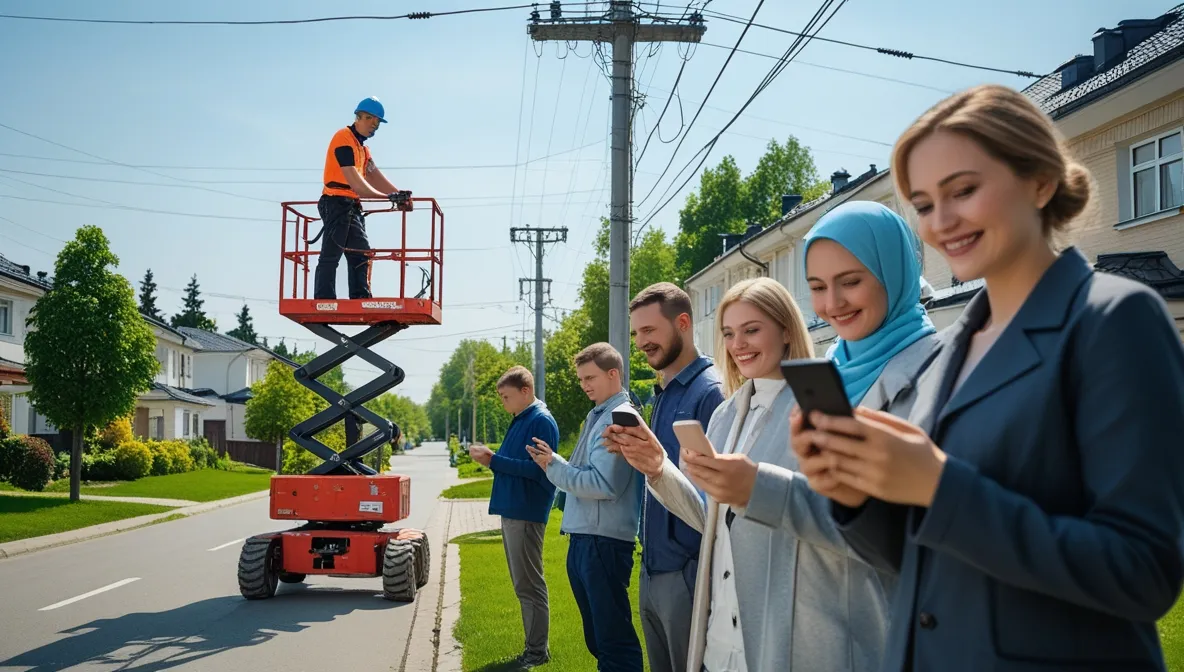
New Horizons — Regional Potential
Rosseti Moscow Region’s network digitalization initiative illustrates how modernization of legacy infrastructure can enable next-generation industries. Integrating the power and telecom sectors is essential to reinforcing Russia’s technological sovereignty, expanding nationwide network coverage, and maintaining the competitiveness of its digital economy on the global stage.


